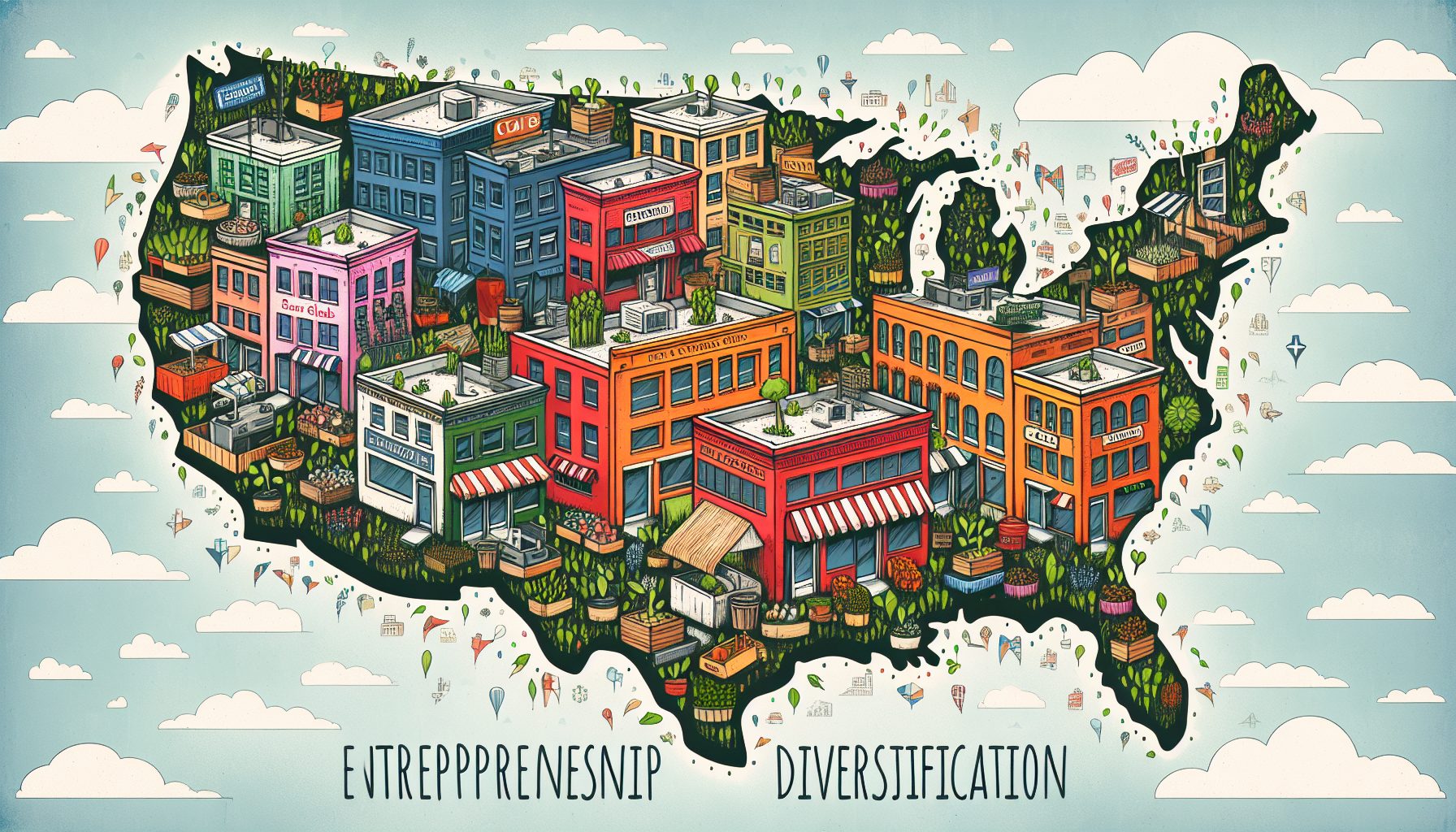It’s clear that marketing is emerging at the center of enterprise information technology. In the quest to boost customer relationships and bolster bottom-line results, chief marketing officers (CMOs) and other marketing professionals are turning to an array of new tools and technologies. Many of them focus on extracting greater meaning from mountains of data and putting it to work in more actionable ways.
“In the past, marketers prided themselves on having a feel for the market, but today, without information technology, it’s nearly impossible to know what’s going on and take the appropriate actions,” states David Reibstein, a professor of marketing at the University of Pennsylvania’s Wharton School. The sentiment is backed by a recent IBM Global social media optimization (SMO) survey: An overwhelming 94 percent of respondents said that analytics plays a key role in achieving business success.
To help bridge the gap between traditional and digital marketing, Wharton has entered a partnership with IBM. The first-of-a-kind program, The CMO Advantage: Evolving Beyond the Digital Revolution, is designed to provide CMOs with the knowledge and tools necessary to use cloud, analytics, mobile and social technologies to better understand and engage customers.
“Today’s business environment requires a whole new set of skills,” Reibstein explains. “There is enormous pressure to make better decisions faster.”
The program will rely on classroom teaching, online learning, simulations and peer mentoring to equip CMOs with the skills required to navigate current technology challenges. It also will prepare them for ongoing changes in the global arena. This includes a deep dive into understanding digital technology in a broader and deeper way, but also how relationships inside and outside the enterprise must change.
“There is a growing need for CMOs to think strategically, build organizational capabilities, better understand relationships and find the talent required to navigate through this environment,” Reibstein says. “There are also enormous implications for managing and allocating resources.”
Specific areas of focus include: hardware requirements, software options, and the type of network and infrastructure necessary to put data and analytics to work. The program will also focus on areas such as attribution modeling and artificial intelligence (AI).
“It’s important to recognize how important data is to CMOs, and how important CMOs are to enterprise IT,” Reibstein says. In fact, some reports indicate that chief marketing officers will soon pull the strings on more than 50 percent of IT purchases.
The program is scheduled to be running by June 2015. IBM will contribute expertise about business and marketing, as well as specific technology capabilities, such as cognitive computing, to better understand the use of AI and its growing role in marketing.
Monica McGrath, vice dean of Executive Education at the Wharton School, describes the program as “groundbreaking.” Not only does the partnership combine expertise from two leading thought centers, it also will draw on CMOs to contribute knowledge and expertise, and share their expertise.
“Wharton and IBM will establish a new standard of excellence in how CMOs and chief customer officers approach and use technology to better engage consumers and personally succeed within their companies and their field,” she says.









